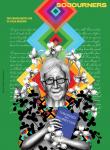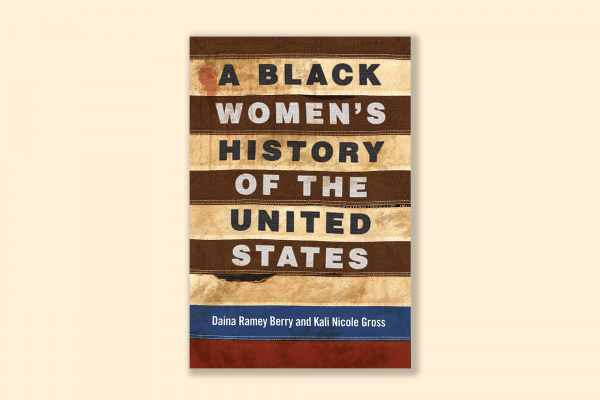IN EARLY JANUARY 1600, Isabel de Olvera, a woman of African descent, petitioned the mayor of Querétaro, Mexico, for protection of her rights before joining Juan de Oñate’s expedition to New Spain, which consisted of several regions in North and South America, including present-day New Mexico, Arizona, and Florida. As she was about to embark on the journey with Spanish explorers, Olvera believed she would be vulnerable to violence or captivity. “I am going on the expedition,” she stated in her deposition, “and have reason to fear that I may be annoyed by some individual since I am a mulatto.”
Born the daughter of Hernando, an African man, and Magdalena, an Indian woman, she had always been free. Yet Olvera knew that those she encountered would deem her property, and she wanted the protection of “an affidavit” that she proudly noted would confirm she was “free and not bound by marriage or slavery.” Her intent was to carry “a properly certified and signed copy” of this document to show anyone who might question her status. Her appeal ended with a final declaration: “I demand justice.”
Women of African descent arrived in what became the United States as early as the sixteenth century. Their histories on this land are difficult to document because the archive hardly recognizes their presence. When they do appear, many are nameless figures, mentioned in passing, with little identifying information given about their experiences. We begin this study before the formation of the country as we know it today, at a time when rare women of African descent, like Isabel de Olvera, demanded justice. Ironically, even in this period, from 1400 to 1619, Black women were fighting for their rights, for their sense of belonging.
Reprinted with permission from Beacon Press.

Got something to say about what you're reading? We value your feedback!








